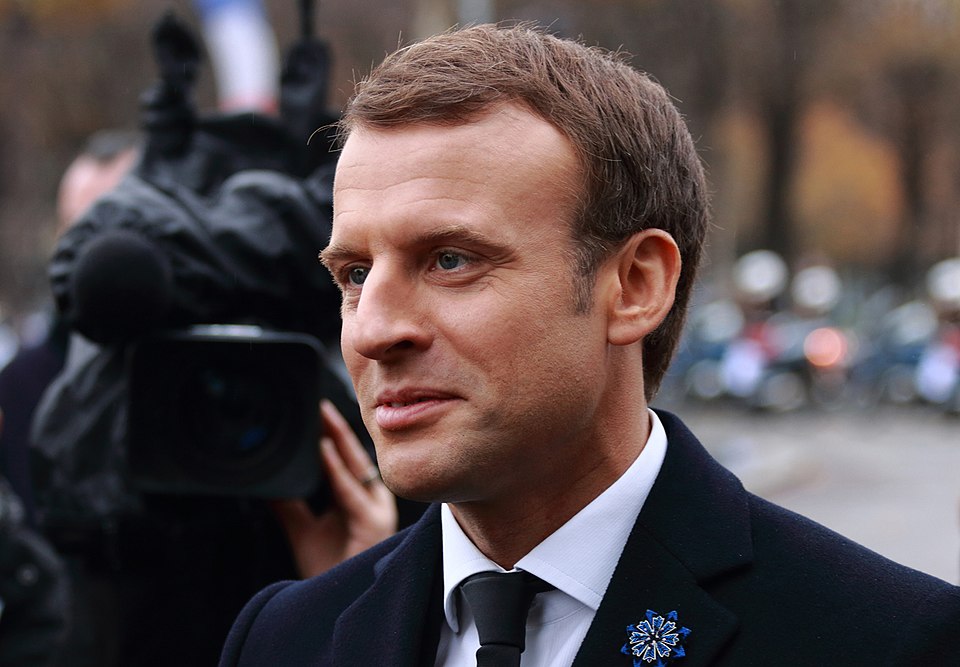
President Emmanuel Macron declared on Friday that Europe must reestablish itself as a major space power, warning that France risks losing its position in the fast-growing low Earth orbit (LEO)
satellite market.
Speaking at the Paris Air Show in Le Bourget, Macron emphasized the urgency of strengthening Europe’s presence in space. His remarks came just a day after France significantly increased its investment in satellite operator Eutelsat, the European Union’s answer to Elon Musk’s Starlink network.
“The space sector has been upended by SpaceX, Amazon is joining the race, and China is close behind,” Macron said. “We must be clear-eyed about the reality.”
He stressed that Europe must once again become "a space power, with France at its core," warning that European players risk being edged out of the LEO satellite arena altogether.
LEO satellites, orbiting just a few hundred kilometers above Earth, are critical for telecommunications, disaster response, defense, and space research. With rising geopolitical tensions, the push for independent satellite networks has become increasingly strategic.
Relying on non-European satellite constellations is "madness," Macron said, underlining the need for European-led infrastructure. He also extended a call for collaboration with key allies beyond Europe, including India, the Gulf nations, Canada, and Brazil.
"We need a major collective investment push," Macron said, highlighting the vital role of both public and private sector contributions. He announced plans to host a global space summit in early 2026 to galvanize international support and coordination.
As part of a broader investment package totaling €1.35 billion ($1.5 billion), France will become the largest shareholder in Eutelsat. Following its 2023 merger with British company OneWeb, Eutelsat now operates more than 600 satellites and ranks as the second-largest LEO satellite operator globally, behind Starlink.
The move positions Eutelsat as a potential sovereign alternative to Starlink for European and other global partners wary of relying on non-European networks. Photo by Remi Jouan, Wikimedia commons.



































